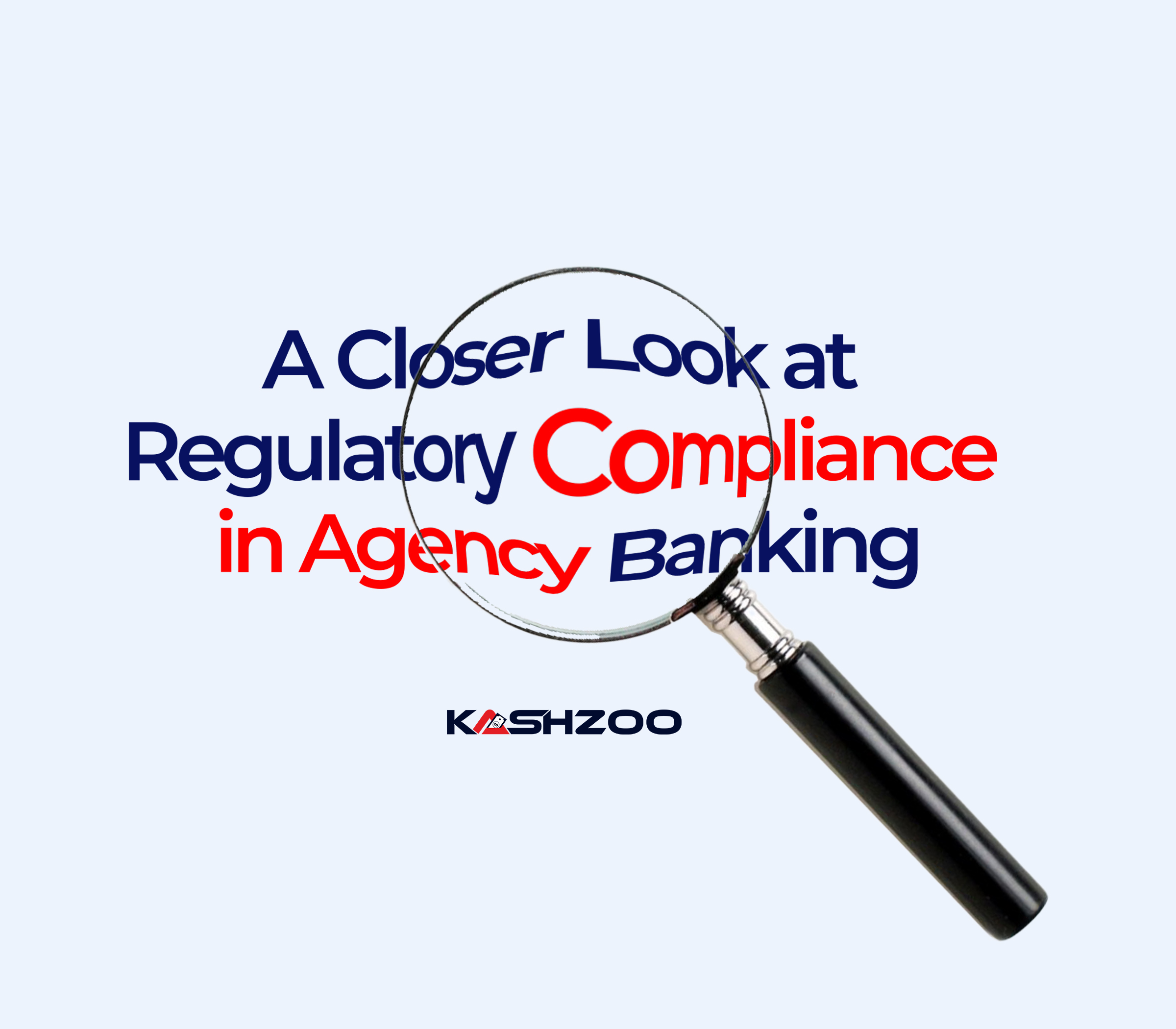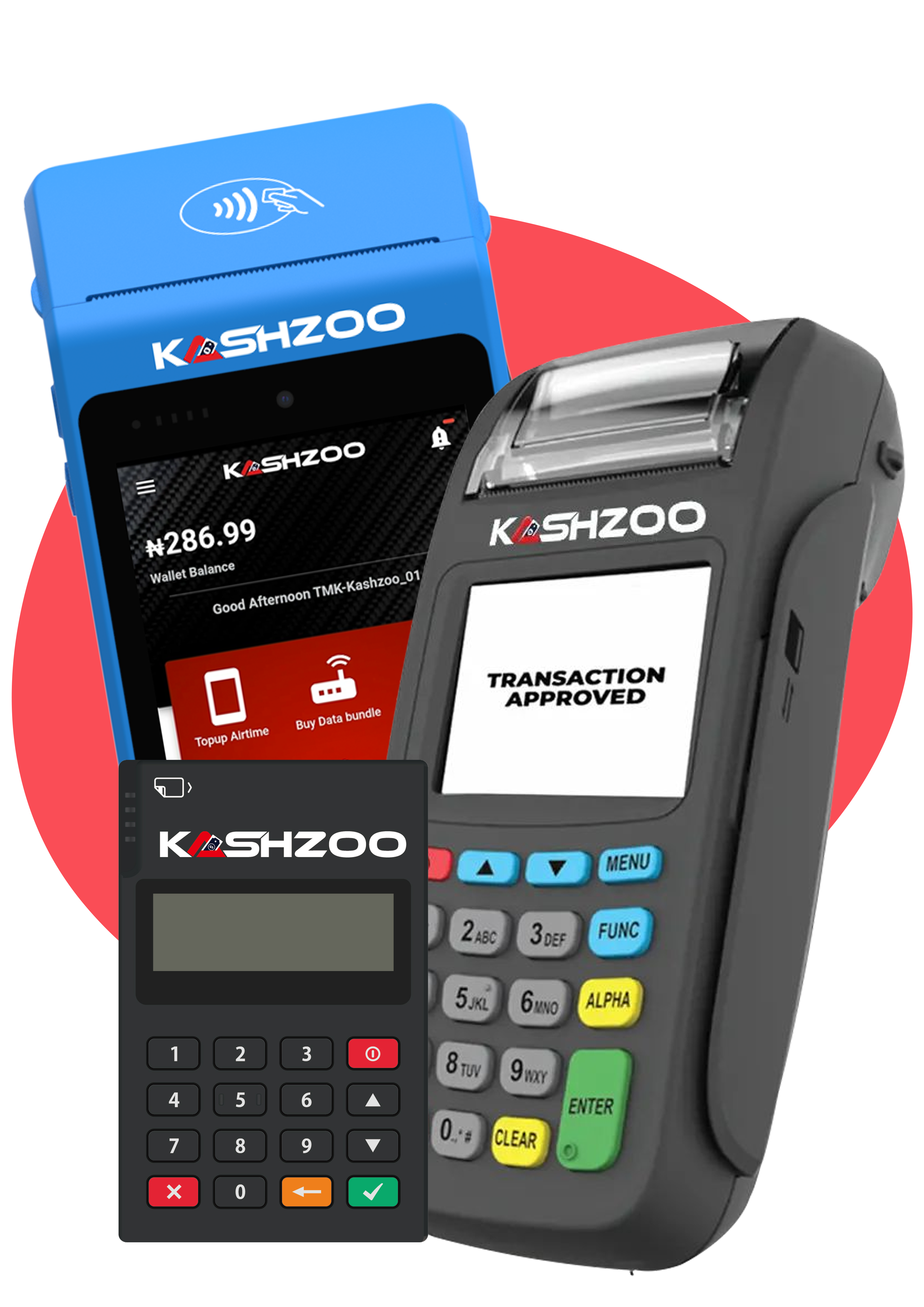From its inception, agency banking has become essential to the outlook of financial services. It saw opportunities where the commercial banks were lacking and took advantage of their existing retail network to bring banking services closer to the Nigerian populace. The rise and surge of agency banking continue, and with this comes the complexities associated with the system. These complexities necessitated the review of the regulatory framework 2023 by the Central Bank of Nigeria (CBN) for all stakeholders. The regulatory framework encourages the continuation of financial inclusion and reduces the risks associated with agency banking.
This post will walk you through the framework’s core agenda.
Agency Banking
In its regulatory framework, the CBN has defined agency banking as a process whereby a third party empowered by commercial banks such as First Bank and Wema Bank, among others, provides banking and financial solutions to the public, especially in locations where financial institutions are not physically available.
Framework Objectives
Stakeholders in agency banking have a role in ensuring the success of best practices and innovation. Hence, the framework’s objective is to standardise the system, further drive financial inclusion, and spell out the roles of everyone involved.
Requirements for Agency Banking
The following are the requirements for every financial institution that wants to engage the services of a third party in carrying out banking services to Nigerians;
- Application and Approval: The financial institution must apply to the CBN through the regulatory body’s director. The application should include all the necessary details, such as the applicant’s name, business, postal and email addresses, and company registration number.
- Board approval
- An accompanying document showing the financial institution’s strategies for available and future engagements of agents and the benefits.
- Contracts include Service-level Agreements and Agent Banking between the principal and agents.
- Policies relevant to managing agency banking include risk management, KYC, AML/CFT/CPF, operational procedures, and internal control.
- Criteria for agents’ approval include showing competence, integrity, and outreach, among others.
The CBN may occasionally request the submission of other necessary documents.
Agent Structure and Requirement
The agent structure in the agency banking system, as specified by the CBN, includes;
- The Super Agents: These are agents approved by the CBN to delegate banking duties to a third party, which brings banking services closer to unbanked Nigerians.
- The Sole Agents: These individuals are under the super agents. They carry out agency banking alone without delegating authority to other agents.
- The Sub-Agents are a group of agents under the direct control and monitoring of the super agents.
As a requirement, the financial institution must submit the following details about their agents:
- Agents’ names
- Locations of agents
- Addresses and phone numbers
- Terms of engagement and commercial activities carried out by the agents.
Agents Eligibility
Under the CBN’s regulations, specific criteria must be met to qualify as an agent, and the following individuals are eligible.
- An individual engaged in a legitimate business for at least 12 months
- Law-abiding who have not violated any written law or the regulatory framework of the CBN.
- The CBN may approve sole proprietors, partnerships, limited liability companies, cooperative societies, public entities, and other entities, which the CBN may approve later.
Under the regulatory framework, non-profit/government organisations like religious groups cannot engage in agency banking. Other entities that cannot work as agents are the bureau-de-change and educational institutions.
Financial Institutions’ Obligations
As mentioned earlier, each stakeholder in agency banking has a role to play and below are some of what the financial institutions are expected and should comply with under the CBN regulations;
- Adherence to CBN’s KYC and AML/CFT/CPF requirements.
- Approve all agents’ sign-ups and onboarding of gents to the agent banking platform.
- Provide agents with financial education and train them on customer identification, customer service and retention, and confidentiality of customer information.
- Keeping confidential customer information obtained by agents
- Take remedial action during failed transactions and other duties of the agents.
- Remit a statutory amount to the CBN monthly by the 10th of another month.
- Per the CBN’s directives on the cashless policy, limit the volume of money agents and customers withdraw.
- Monitor and review agents’ transactions and activities
- Give agents remunerations as agreed.
CBN’s Obligations
The Central Bank of Nigeria has the power to do these;
- Review and approve Financial Institutions’ applications.
- Inspection of agents’ locations and transactions
- Issue warnings to agents to desist from carrying out activities not in line with the CBN’s regulatory framework
- Ask for information directly from the agents
- Terminates the contract between an agent and the financial institution
- Authorise the financial institution to take measures against an agent on its behalf.
Authorised and Unauthorized Activities
In the reviewed framework, the following the CBN authorises;
- Cashin and cashout transactions not above the stipulated amount
- Payment of utility bills
- Local money transfer
- Account balance enquiry
- Generating mini bank statement
Unauthorised Activities include;
- Carrying out transactions without communicating with the licenced financial institution
- Charging extra fees to customers outside of regulated fees
- Making transactions without generating receipts/invoices
- Rendering banking services not included in the signed contract
- Deal with foreign currency
- Account opening and granting loans
- Take cheque deposits and cashout cheques
- Authorise another entity to carry out banking duties on their behalf without the super agent’s knowledge.
- Making transactions beyond the limit set by the CBN
Benefits of the Regulatory Framework
Stakeholders in agency banking have, in one way or another, benefited from the CBN’s reviewed guidelines, some of which are;
- Furtherance of the financial inclusion goal
- Prevention of money laundering
- Risk mitigation against banking fraud
- Increase in customers’ convenience and protection
- Encourages competition, innovation and economic growth
Our Take
The regulatory framework is a comprehensive guide for all stakeholders in agency banking. It shapes the Nigerian financial outlook and helps achieve financial inclusivity, among other benefits.
As the system continues to expand and evolve, the regulatory guidelines must adapt to address the challenges that come with it. Also, the collaboration among regulators and financial institutions will bring about the practical implementation of this framework. Therefore, it is crucial for all concerned to refer to the specific guidelines, as we do at Kashzoo, to ensure they do not violate them.




What do you think?
It is nice to know your opinion. Leave a comment.